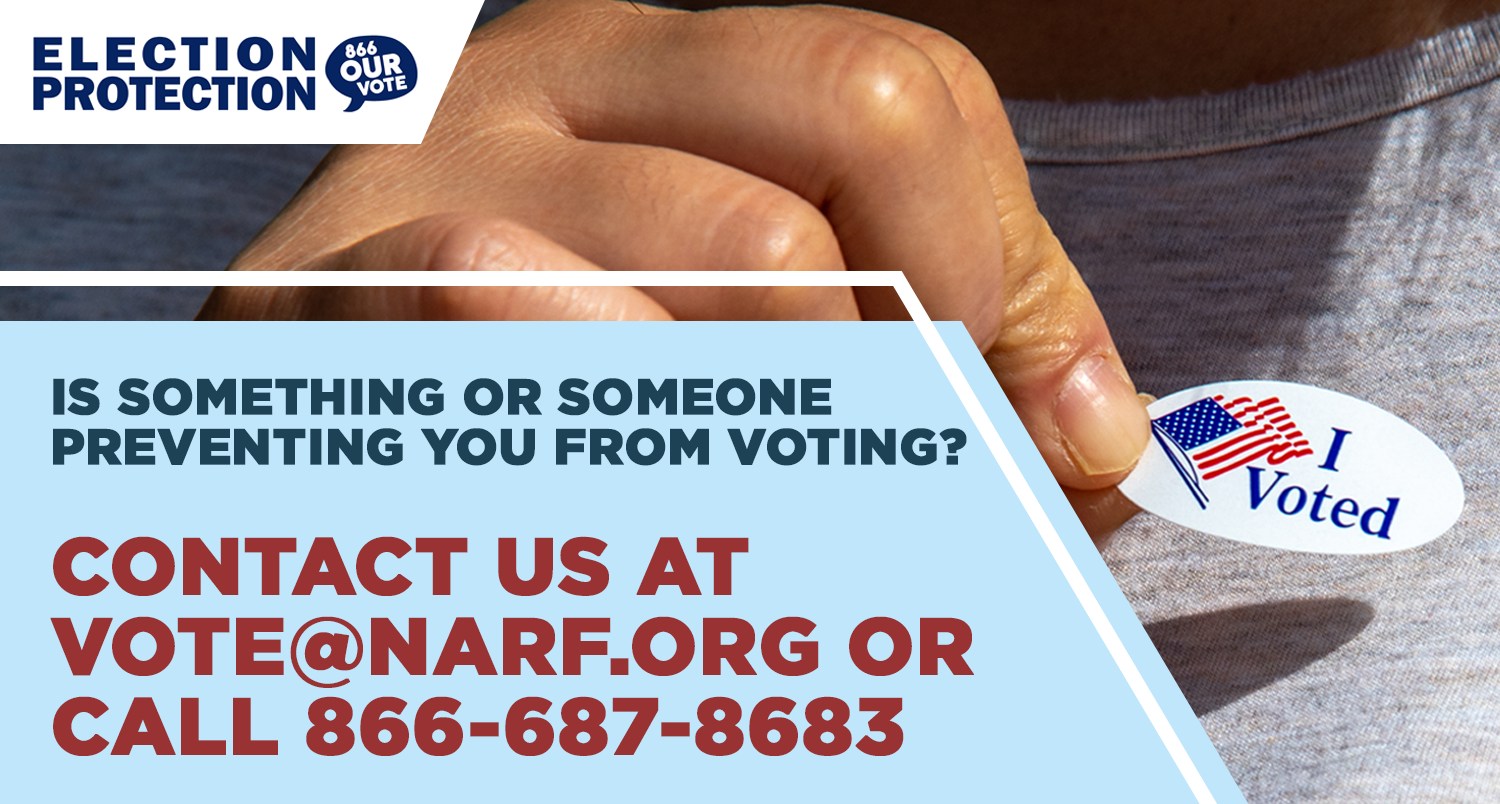
- Details
- By Native News Online Staff
Suppression of the Native vote is historic. Even though Native Americans were given U.S. citizenship in 1924, many Native Americans were not able to vote until the late 1970s.
Even now, there are attempts to keep Native Americans away from the polls during elections.
To counter attempts to suppress the Native vote, there are groups working hard to ensure Native Americans can vote without intimidation or hassle, such as Four Directions, the National Congress of American Indians (NCAI), and the Native American Rights Fund (NARF).
The Election Protection Coalition, which the three aforementioned organizations are part of, was established to protect the rights of citizens across the country. It has established a hotline to respond to the questions and concerns of voters.
Voting Rights Hotline: 1-866-OUR-VOTE
This hotline is used to identify problems before they arise, answer voter questions, and serve as a “crisis line” in the event of Election Day problems.
In Michigan, the Anisinaabek Caucus, in partnership with the Michigan Democratic Party and Little Traverse Bay Bands of Odawa Indians, have joined forces to make sure Native votes are counted in Michigan. It has a hotline to call if you are being turned away from voting. Call: 833- MI- VOTES Opt 4 to express any issue with voting you have.
More Stories Like This
Native News Weekly (August 25, 2024): D.C. BriefsUS Presidents in Their Own Words Concerning American Indians
2026 Native American 40 Under 40 Class Announced
Monday Morning: (January 5, 2026): Articles You May Have Missed This Past Weekend
Native News Weekly (January 4, 2026): D.C. Briefs
Help us defend tribal sovereignty.
At Native News Online, our mission is rooted in telling the stories that strengthen sovereignty and uplift Indigenous voices — not just at year’s end, but every single day.
Because of your generosity last year, we were able to keep our reporters on the ground in tribal communities, at national gatherings and in the halls of Congress — covering the issues that matter most to Indian Country: sovereignty, culture, education, health and economic opportunity.
That support sustained us through a tough year in 2025. Now, as we look to the year ahead, we need your help right now to ensure warrior journalism remains strong — reporting that defends tribal sovereignty, amplifies Native truth, and holds power accountable.
 The stakes couldn't be higher. Your support keeps Native voices heard, Native stories told and Native sovereignty defended.
The stakes couldn't be higher. Your support keeps Native voices heard, Native stories told and Native sovereignty defended.
Stand with Warrior Journalism today.
Levi Rickert (Potawatomi), Editor & Publisher


